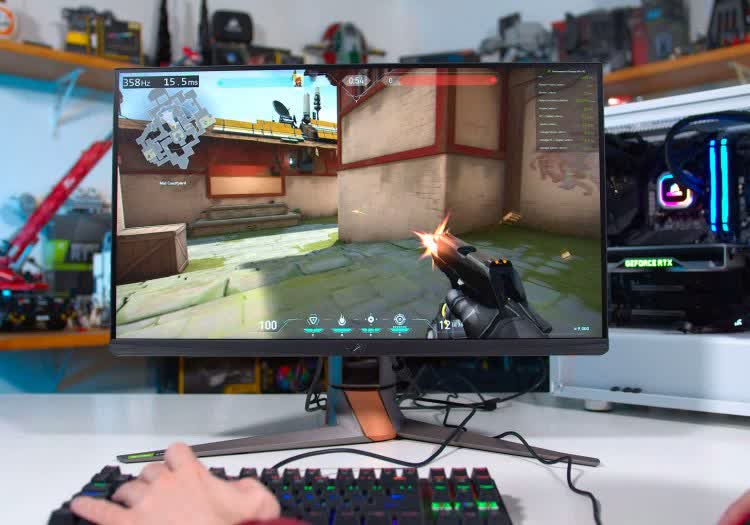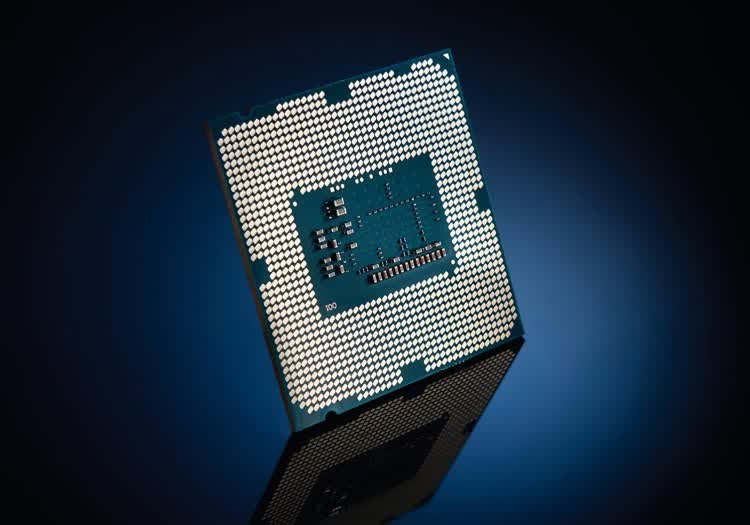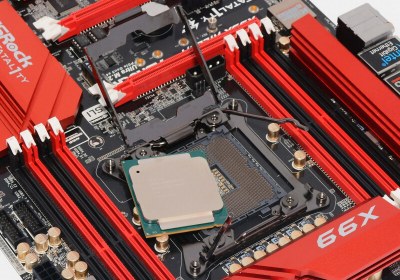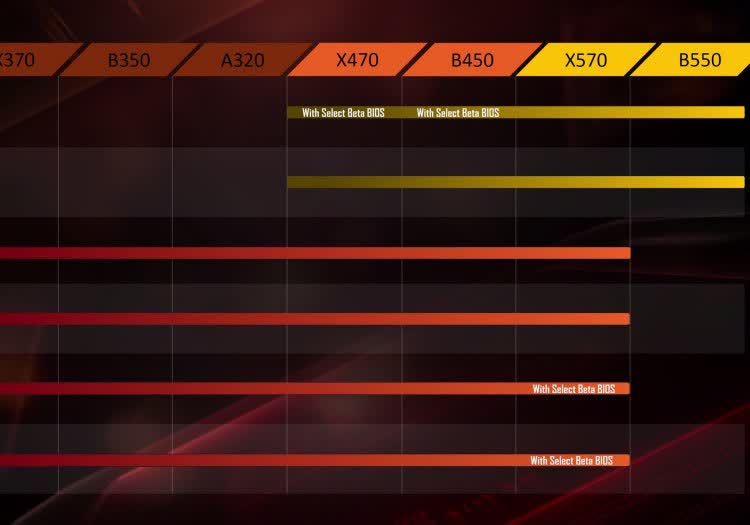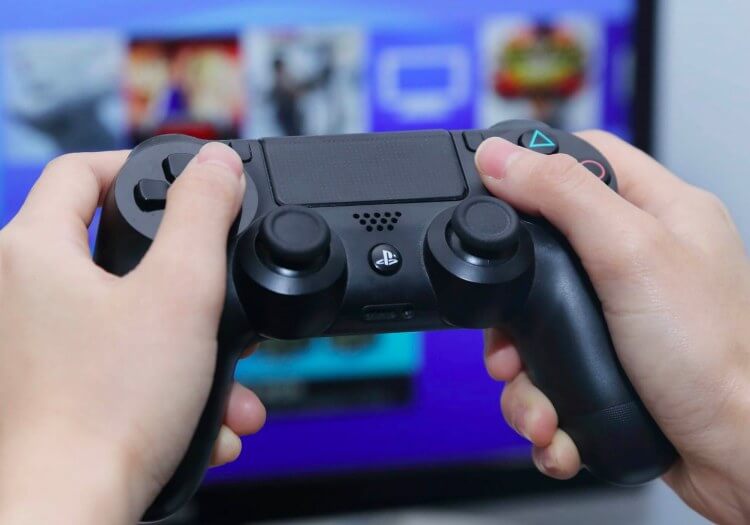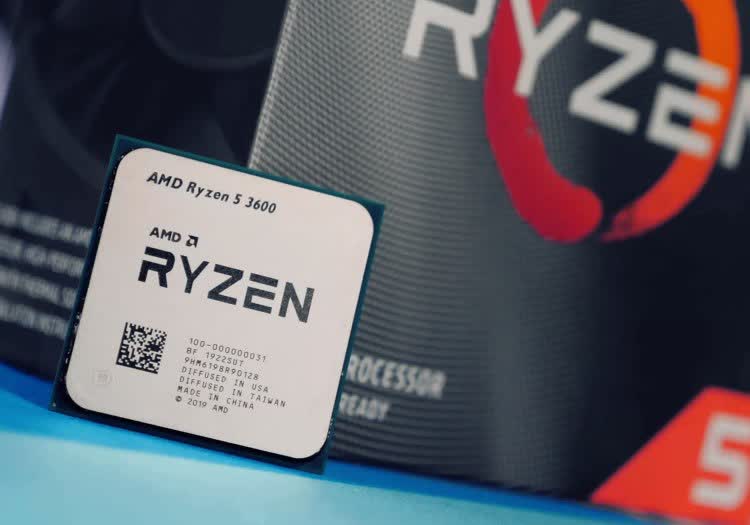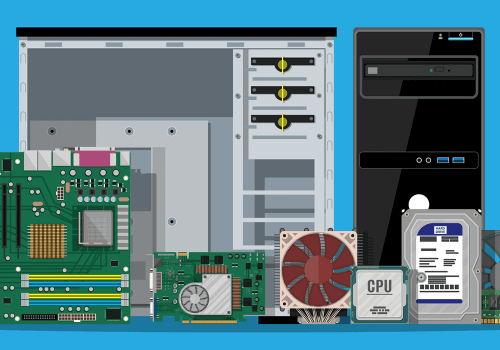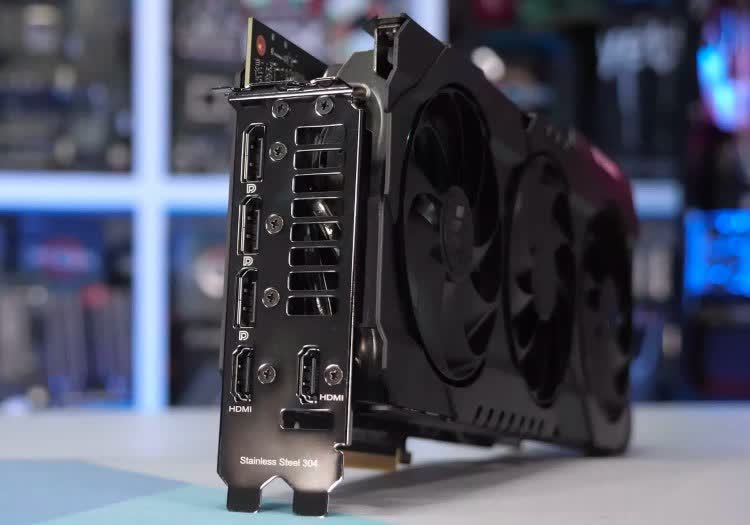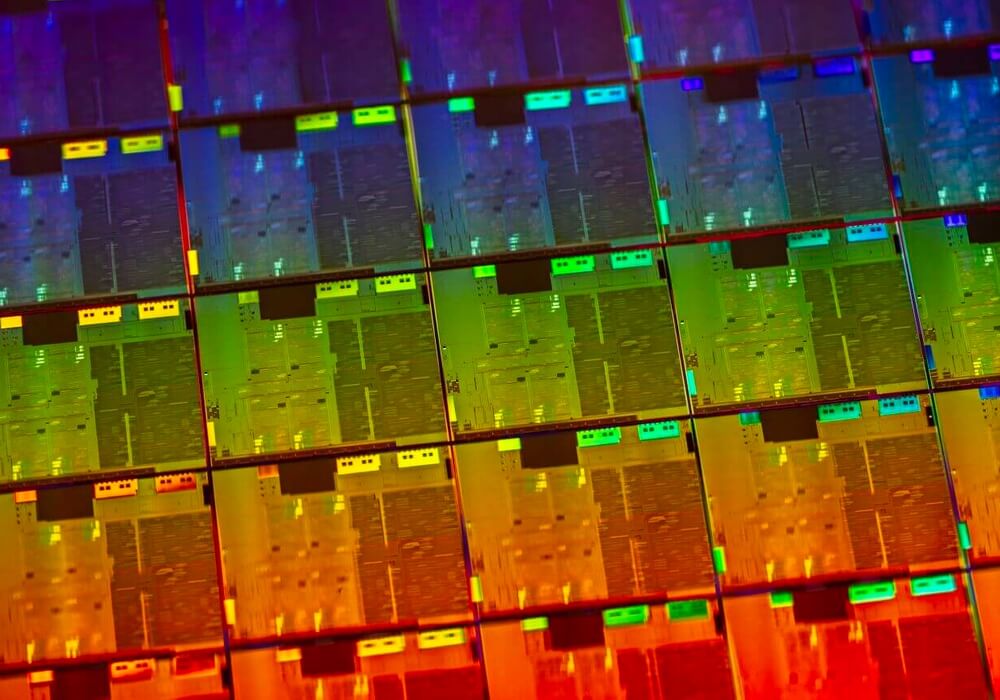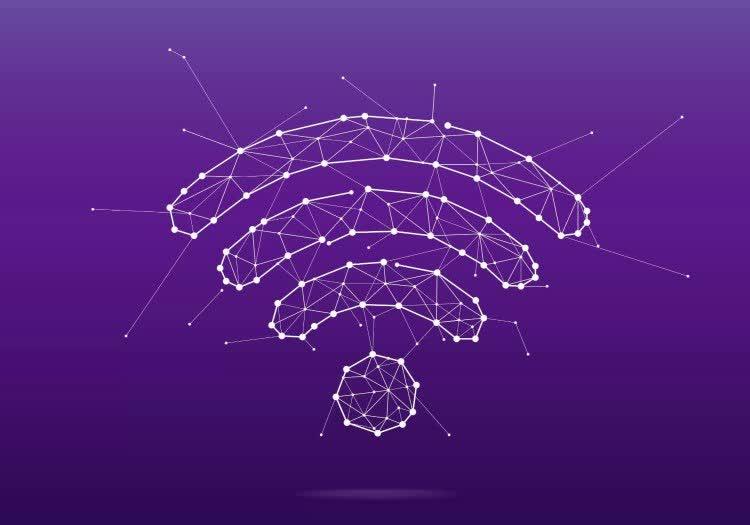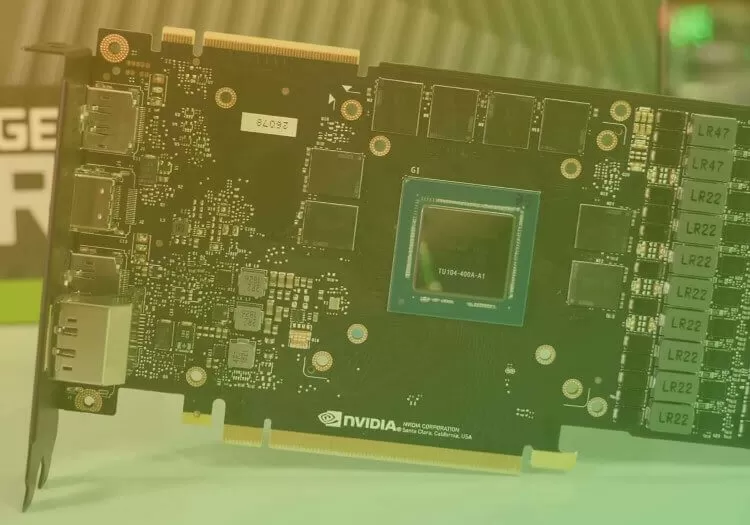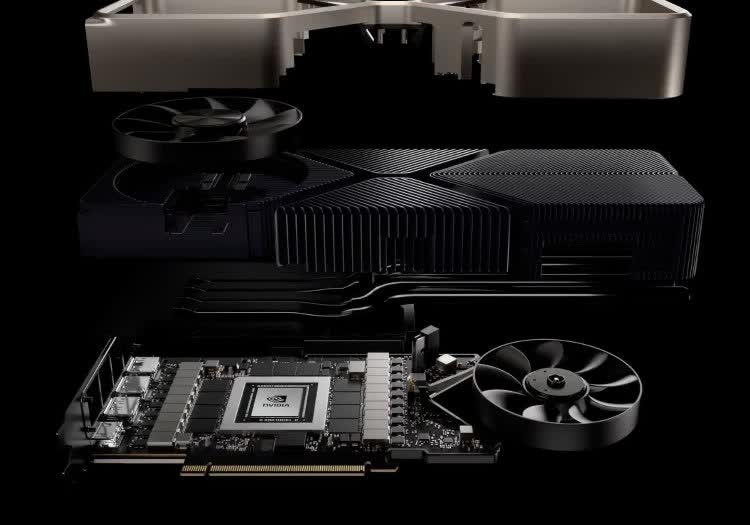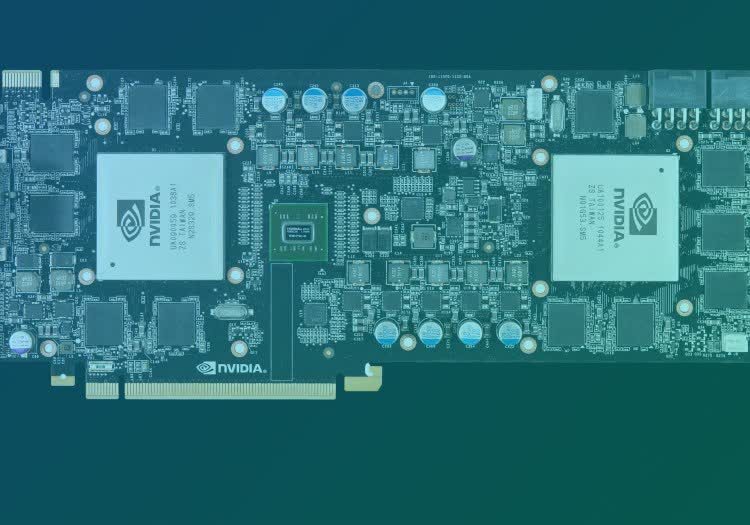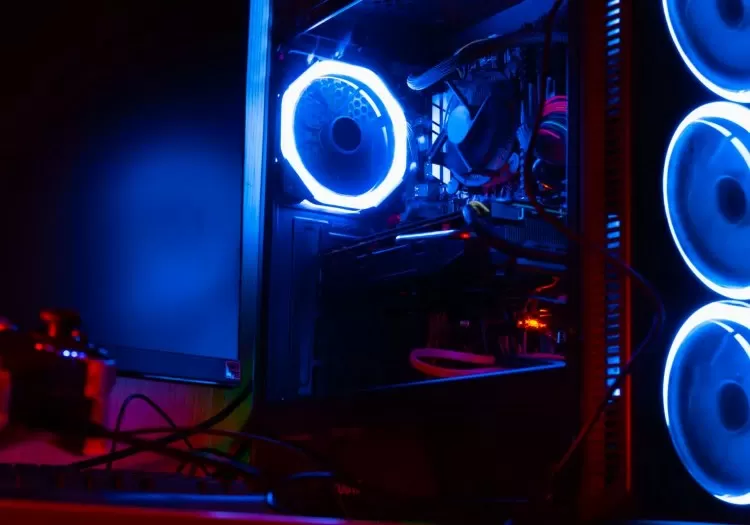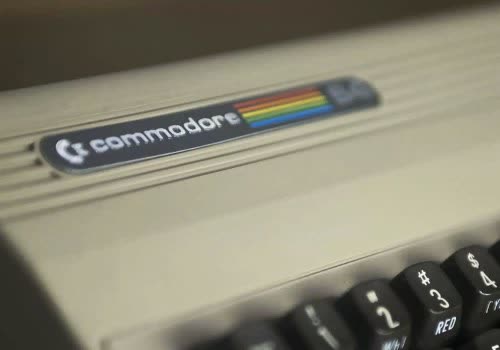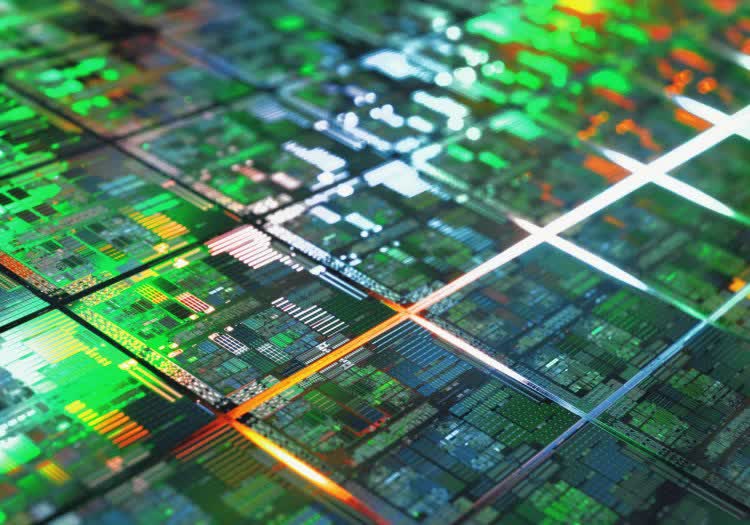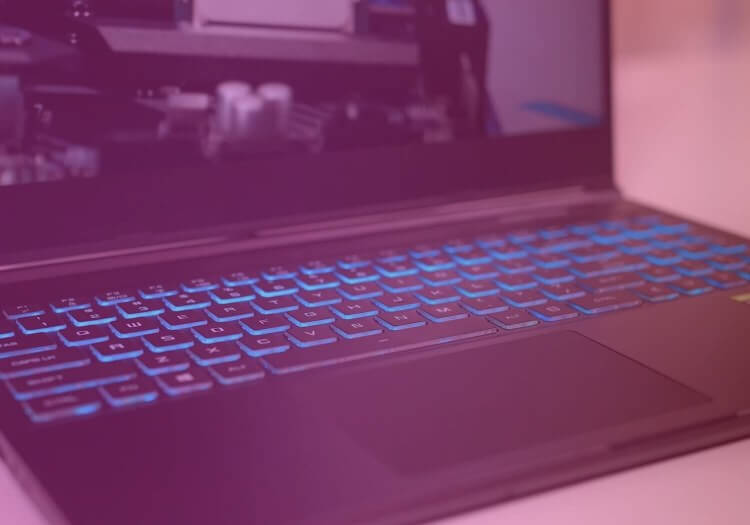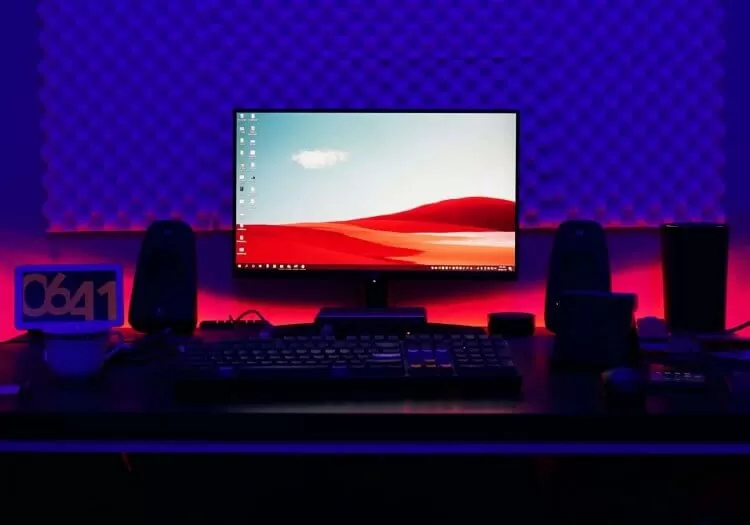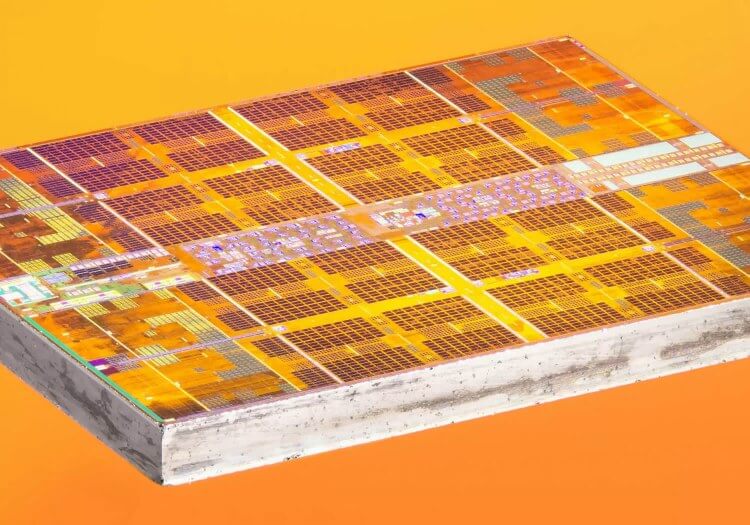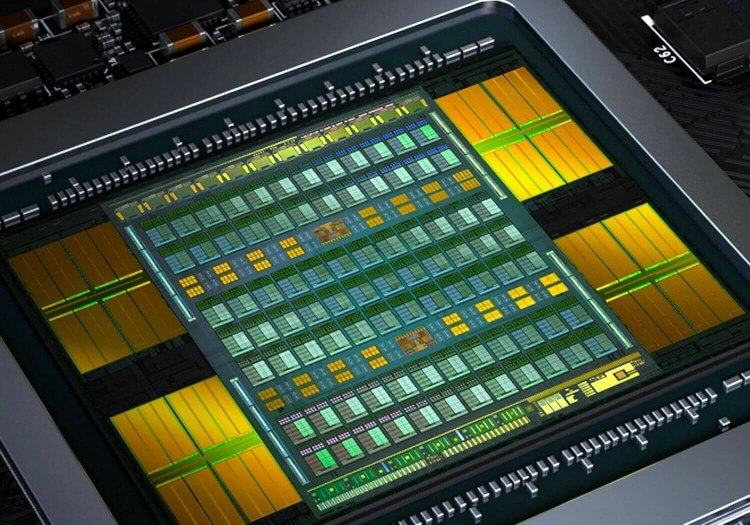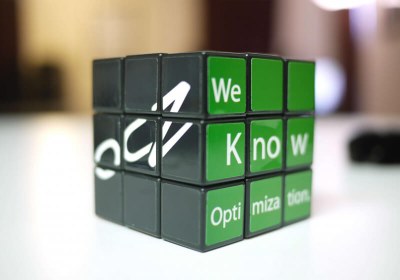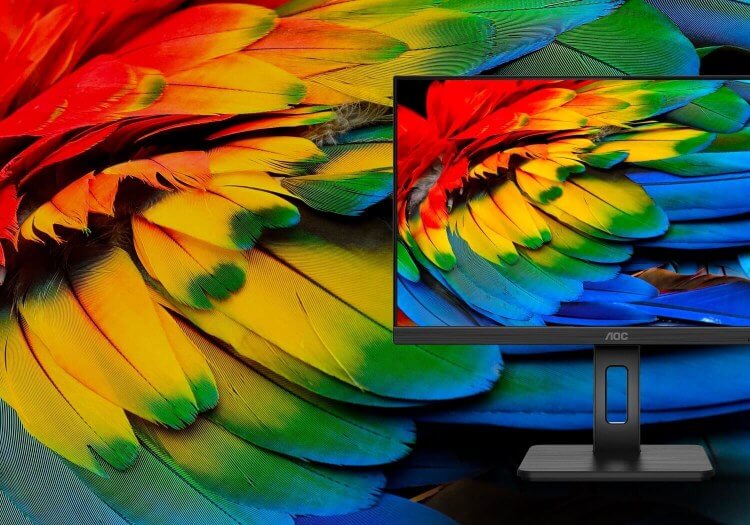Feature Index Page 13
-
Nvidia Reflex Tested: Low Latency Revolution?
Nvidia is making concerted efforts to expand their GeForce feature set beyond raw performance. Features like DLSS and ray tracing are heavily pushed, and today we'll be checking out whether Reflex is something you should care about.By Tim Schiesser on -
Intel Rocket Lake Preview: A New Architecture
After years of wallowing in the mud left by Intel's wake, AMD has risen back up to reconquer the processor market. Ryzen 5000 is meant to put the final nail in Intel's coffin. But such a challenge cannot go unanswered.By Isaiah Mayersen on -
Find Your Motherboard Brand and Model
There are many reasons why you might need to find your motherboard's brand and model number. Looking to update drivers or the BIOS is most common, but you may also want to check compatibility, discover specs, or look for a replacement. And with OEM PCs and laptops, it's not always as straightforward as checking the box of your motherboard's box.By Rob Thubron on -
AMD B450 or B550 Motherboard for Ryzen 5000 CPUs?
With the announcement of AMD's Ryzen 5000 desktop CPU series, many prospective buyers aren't clear on the differences between AMD B450 and B550 motherboards, if they should upgrade or which one to buy.By Steven Walton on -
Using a PlayStation 4 Controller with Your PC
Microsoft's Xbox controller has been the default gamepad for PC gamers for some time now, but you may prefer Sony's competing --- and also quite good --- DualShock 4 controller. The good news is, you can easily configure it to work on Windows or macOS.By Cal Jeffrey on -
Ryzen 5 3600 + RTX 3080: Killer Combo or Not?
Today we're taking a look back at AMD's value king, the Ryzen 5 3600, but this time running games with the GeForce RTX 3080. Bad or brilliant idea?By Steven Walton on -
Sinclair Computers: Gone But Not Forgotten
For many, the 1980s was the golden era in home computing. Fighting among new companies was Sinclair who made cheap and basic computers, but helped give rise to the world of bedroom programming and some very familiar game developers.By Nick Evanson on -
A Guide to Shopping for a New PC Case
The perfect PC chassis is a bit of a misnomer. Plenty of cases over the years have been highly regarded as being great, trend-setting or iconic, but one size does not fit all. This article aims to help you construct that shortlist of options and steer your search in the right direction.By Shawn Knight on -
Ray Tracing & DLSS with the GeForce RTX 3080
With Nvidia's GeForce RTX 3080 out the door, it's time we take a deep dive into ray tracing and DLSS performance to show you just how fast the RTX 3080 is for these special effects in a wider range of games.By Tim Schiesser on -
The History of the Microprocessor and the Personal Computer
The PC business as we know it owes itself to an environment of enthusiasts, entrepreneurs and happenstance. The invention of the microprocessor, DRAM, and EPROM integrated circuits would help bring computing to the mainstream. This 5-part series explores the history of personal computing, from the invention of the transistor to modern day chips powering our connected devices.By Graham Singer on -
Wi-Fi 6 vs. Wi-Fi 5 Benchmarked: How Does the New Generation Perform?
We're starting to see more Wi-Fi 6 capable devices hit the market, so naturally, the big question is: should you upgrade? Today we are taking a look at how some of these systems perform compared to those from the previous generation.By William Gayde on -
What's Your Old Graphics Card Now Worth?
Today we're exploring the used graphics card market. With the launch of the GeForce RTX 3080 and upcoming launches from AMD, we suspect many will be looking to upgrade their GPU and sell their old one on the used market.By Tim Schiesser on -
10 Games to Chill Out and Lower Your Stress Levels
Video games can evoke a variety of emotions, whether it's fear, edginess or excitement. But sometimes we just want to chillax, so here are a few good game suggestions that are better suited to reduce your stress levels.By Cal Jeffrey on -
AMD vs. Intel GeForce RTX 3080 Benchmark
For today's article we'll be once again looking at many benchmark graphs filled with RTX 3080 data, though this one is going to be a little different. While we're benchmarking the new GeForce RTX 3080, it won't be the main focus of our attention but rather we'll be looking deeper into CPU performance.By Steven Walton on -
The Rise and Fall of Multi-GPU Graphics Cards
When it comes to graphics cards, more is nearly always better. More shaders, more RAM, more bandwidth. So how about more GPUs? Here's a brief stroll through the story of multi-GPU graphics cards.By Nick Evanson on -
Can You Build a Gaming PC for $500?
In a world where a decent graphics card can cost the same as a new cutting-edge console, you'd be forgiven for thinking that $500 just isn't enough money to buy a PC and play games on it. So, can it be done?By Nick Evanson on -
Revisiting 8-bit and 16-bit Era of Video Game Music
Game systems from the 8-bit and 16-bit era weren't graphical powerhouses, but there were other aspects that factored into creating a well-rounded game. Quality games almost unanimously had great sound and music as this list shows.By Shawn Knight on -
The Commodore Story: Gone But Not Forgotten
A lot of people over 30 will probably name a Commodore as the first computer they ever used. Whether it was your first computer game or first program in BASIC, Commodore led an entire generation to a life-long career in the tech industry.By Rob Thubron on -
Palm: Gone But Not Forgotten
Palm, the inventor of the Palm Pilot, is one of the earliest and most successful personal digital assistants which made the name "Palm" synonymous with PDAs, a leading handheld computing form factor for nearly a decade and the precursor to the modern smartphone.By David Matthews on -
10 Big Misconceptions About Computer Hardware
With technology advancing so rapidly around us, sometimes misconceptions can work their way into our common understanding. In this article, we'll take a step back and go over some of the most common things people get wrong when talking about computer hardware.By William Gayde on -
The Best AMD Ryzen Gaming Laptops (So Far)
As a culmination to our testing of Ryzen Mobile 4000 H processors and the various laptops they are found in, today we're discussing the best AMD gaming laptops on the market so far. It's clear that mobile Ryzen is not as widely available as we wished, but various new models have become available and reception has been great, including the Asus ROG Zephyrus G14 and most recently the HP Omen 15.By Tim Schiesser on -
Microsoft Flight Simulator 2020 Benchmarked
Today we're benchmarking a cargo plane load of graphics cards in the new Microsoft Flight Simulator 2020. Visually the game is breathtaking and we'd say that we're looking at truly next generation stuff here. We've tested 28 graphics cards at 1080p, 1440p and 4K resolutions using the Ultra and Medium quality presets.By Steven Walton on -
Anatomy of a Monitor
You're looking at one right now. It might be sitting on a desk, stuck on a wall, or cradled in your hand. Monitors have millions of components, but usually don't get talked about with the same kind of fervent passion as CPUs and graphics cards, but they're just as important. The insides of monitors must be something special... and there's only one way to find out.By Nick Evanson on -
Explainer: L1 vs. L2 vs. L3 Cache
Every single CPU found in any computer, from a cheap laptop to a million-dollar server, will have something called cache. More likely than not, it'll possess several levels of it, too. It must be important, otherwise why would it be there? But what does cache do?By Nick Evanson on -
How to Encrypt Files, Folders and Drives on Windows
One of the best ways to protect your privacy is to encrypt important information on your computer. Whether you need to send personal information to someone, or simply want to make sure that no one who gets access to your computer can see stuff you would rather keep private, encryption is the way to go.By Heinrich Long on -
Wi-Fi 6 Explained: The Next Generation of Wi-Fi
Wi-Fi is set to get better and faster. While plenty of routers are already available with chips using draft specifications, 802.11ax Wi-Fi was not finalized until Sept. 2019, ushering in a wave of updated devices touting new wireless capabilities that will contribute toward next-generation networks with more speed and less congestion.By TechSpot Staff on -
Explainer: What Are Tensor Cores?
Nvidia has been making graphics chips that feature extra cores, beyond the normal ones used for shaders. Known as tensor cores, these mysterious units can be found in thousands of system, but what exactly are they and what are they used for? Today we'll explain what a tensor is and how tensor cores are used in the world of graphics and deep learning.By Nick Evanson on -
OCZ Technology: Gone But Not Forgotten
OCZ Technology was founded in 2000 by Ryan Petersen as "The Overclockerz Store," an online hardware reseller that catered to computer enthusiasts. The company started out selling binned processors and memory kits capable of running faster than their rated speeds - items which overclockers were willing to pay a premium for.By Shawn Knight on -
Can It Run Crysis? An Analysis of Why a 13-Year-Old Game is Still Talked About
Every once in a while, a video game is made that becomes part of the industry's history. For PC gamers, there's one title that's almost legendary thanks to its incredible, ahead-of-its-time graphics and ability to grind PCs into single digit frame rates. Join us as we take a look back at Crysis and see what made it so special.By Nick Evanson on -
How to Calibrate Your Monitor
Monitor calibration is very important to a creative professional's workflow, but pretty much anyone can benefit from it. Calibration will deliver color accuracy and correct problems with white balance, gamma, and oversaturation. It'll also help color matching multiple monitors for a consistent experience.By Tim Schiesser on
- 9
- 10
- 11
- 12
- 13
- 14
- 15
- 16
- 17
- Next
No products matched your criteria.
Try refining your search or go back to the popular listing.
